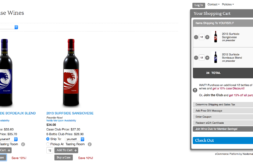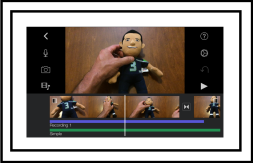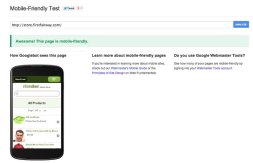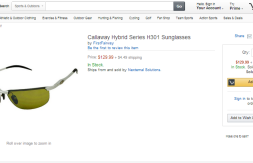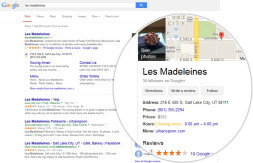Pros and Cons of Social and Flash Sale Participation
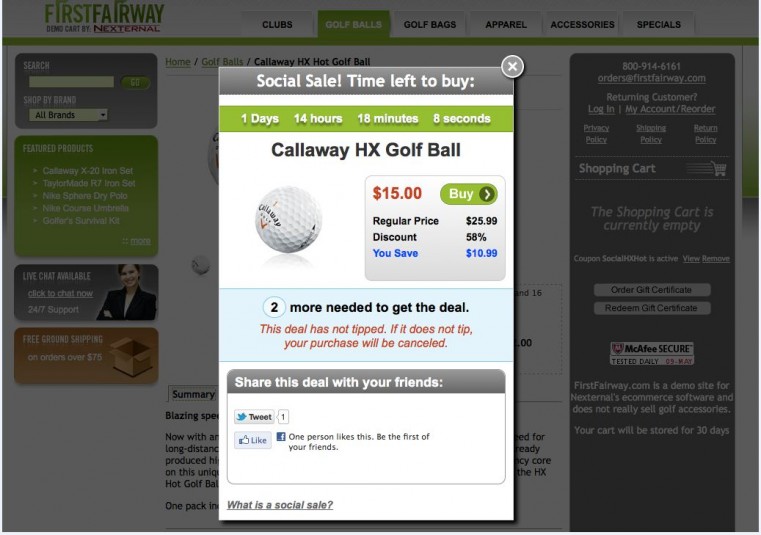
What is a social sale?
A social sale is a limited-time sale (a “flash sale”), that typically features large discounts and may require a “tipping point” – meaning that a requisite number of customers must purchase the deal before anyone gets it. Deals and sites vary – some take orders for a specific product and either the site or the retailer fulfills the orders, and some sell coupons or vouchers applicable toward a purchase at the retailer’s website for specific products (e.g., get a specific $100 item for $50) or for use toward the purchase of whatever they wish (e.g., get $20 worth of items for $10). All of these social sale or flash sites drive sales by creating a sense of urgency and encouraging “deal-sharing” among “friends” through Facebook, Twitter and other social portals.
Historical Pros of participation in these sites have included (a) moving excess inventory, (b) advertising your business to more consumers than you currently reach, and (c) generating immediate incremental revenue.
Historical Cons of participation in these sites have included (a) attracting bargain hunters who may not return to your site or be willing to purchase items at full price, (b) damaging your brand reputation by lowering the perceived value of your products and by making it appear that you are having trouble selling your products, (c) creating losses for the retailer because of the combined discounts, cut for the site, and potentially unlimited nature of the deal, and (d) creating customer service issues that reflect poorly on the retailers who are not properly geared up for the surge in business.
In fact, last year a broad Rice University study concluded that less than 36% of deal using consumers spent beyond the deal amount on open dollar deals, less than 20% returned to make a full-price purchase at the same site, and less than half of the participating businesses would do it again. 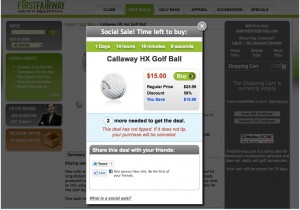
However, partly as a result of these statistics and consumer “deal fatigue”, deal sites are now finding it harder to recruit retail participants so they are more willing to negotiate their cut, and they are focusing on niche markets, such as fashion, wine or travel, targeting specific audiences with the goal of higher conversion rates among pre-qualified consumers. Additionally, retailers are setting limits on the number and types of deals offered, retailers are offering deals and subsequent discounting strategies designed to encourage return visits to their sites and are staffing up to handle the sudden surge of customer service issues and sales. Finally, if a retailer selects a deal site that sells vouchers for use on their own sites, they are assured to get complete customer information at the point of sale, to use for future marketing. So, today more than ever, there may be some value in participation for your business if you run the numbers carefully and plan ahead.
On the other hand, some retailers are turning to alternatives to these sites that do not include paying a cut to a third party, such as posting deals on Facebook or Twitter, and catering more (only sometimes with big discounts) to their existing loyal customers rather than spending high dollar amounts on the acquisition of deal-seeking new customers.
To participate in social sales either on flash sites or through self-constructed Facebook or Twitter promotions, it is essential to ensure that your online store is set up to handle the traffic, promote sharing of the deal through various social media integrations, and to deliver the deal you promise. If you are a Nexternal customer, there are a number of ways to facilitate these promotions, including coupon and order sharing, as well as a built-in social sale component which includes a tipping point, that you can use to run flash sales for your own customers at discounts you control. This DIY flash sale component encourages your customers to share the deal through social connections and rewards them for being your ambassadors, all without paying a social sale site to get the word out. Remember that it doesn’t take a lot of matches to start a wildfire, and initiating a social sale directly to your database, regardless of how small it may be, can be very effective if your database is engaged. For more information contact your dedicated account executive to assist you with your built-in social sale set up.



